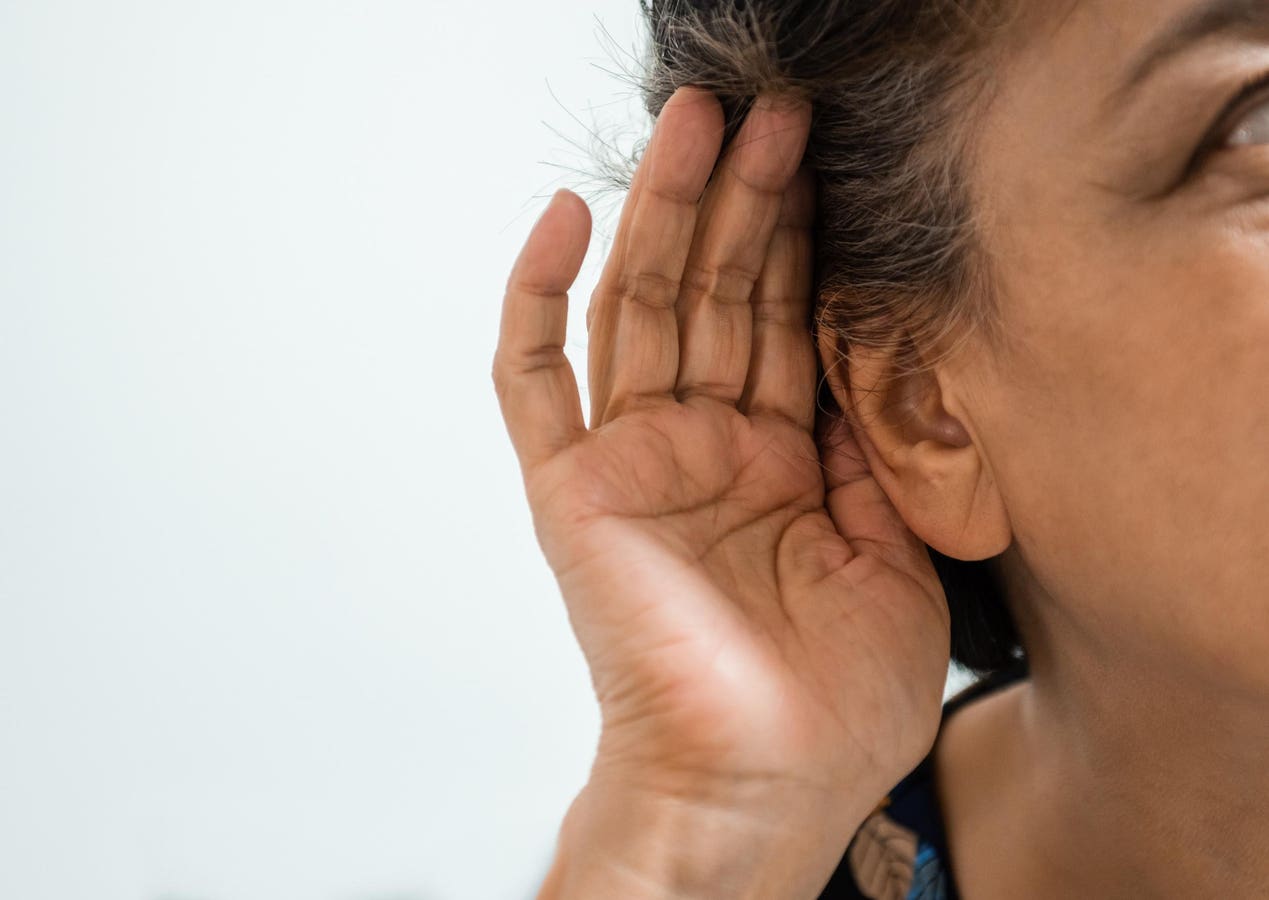Making music is good for your brain. There was already plenty of evidence for the effect of music on memory, but now a new study found another way in which musicians are at an advantage. They showed that older adults who play musical instruments have an easier time distinguishing speech from noise. The researchers even went so far as to say that older musicians “present youth-like listening skills”.
Older musicians find it easier to distinguish speech from noise than non-musicians of the same age.
When someone talks, you have to filter out the sound of their words from background noise. Older people have a harder time with this speech-in-noise perception. Their brains are working harder to distinguish speech from noise, and that activity can be seen in functional magnetic resonance imaging (fMRI) scans.
In this new study, three groups of people all got fMRI scans while being tested on how well they could distinguish speech from noise. One group were older people who didn’t play an instrument, one group were younger people who were also not musicians,and the final group were older musicians who all had been playing for at least 3 decades and still practiced several hours per week They all listened to an audio recording of a woman saying several syllables in Mandarin. (This part of the study was done in China and all participants were native Mandarin speakers). While lying in the fMRI machine they could press a button to indicate which syllable they just heard.
When comparing the two groups of non-musicians, the older individuals showed more activity in brain networks that process sound. But the older musicians did a lot better than their non-musical peers, and their brain activity more closely resembled that of the younger group. Each group only included about 25 people. That isn’t very large, but this is far from the only study that shows an advantage of making music on an aging brain.
More brain benefits for musicians in old age
Last year, a large study that follows thousands of aging adults in the UK also found a correlation between musicians and brain activity at old age. They saw that people who had been making music for years had better memory and a better ability to solve complex tasks compared to people of a similar age who weren’t musicians. An earlier study showed an increase in working memory and in grey matter in the brain after just 6 months of music training, and yet another study showed that musicians also do better on music-based verbal memory tasks at older age.
These studies all look at slightly different things: Some use memory tasks, some measure brain activity directly, others use tests and questionnaires. But the resounding message across all of them is that musicians are less susceptible to age-related decline in brain activity.
While many of the musicians in these research studies have been playing for decades, other research shows that the positive effect on memory even works if you pick up an instrument later in life.
This message is also echoed by the speech-in-noise study’s lead author, Lei Zhang, who told PLOS Biology that “a positive lifestyle helps older adults cope better with cognitive ageing, and it is never too late to take up, and stick with, a rewarding hobby such as learning an instrument.”
Among the many ways to stay healthy later in life, making music surely has got to be one of the most entertaining ones.









